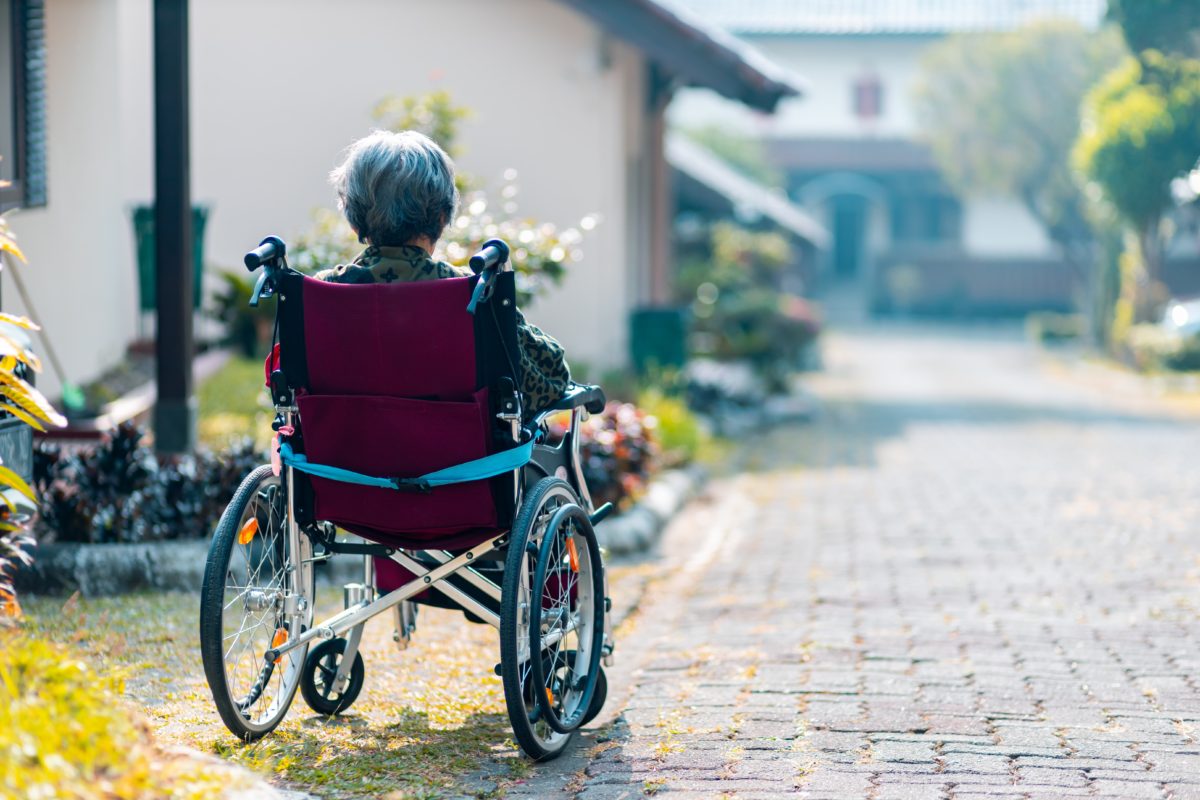“You cannot prevent the birds of sorrow from flying over your head. But you can stop them from nesting in your hair.” —Chinese Proverb
Grief is perhaps the least understood and most complex of emotions. Loss hurts. Depending on the circumstances surrounding our loss, we may feel anger, loneliness, despair, relief, guilt, shame, or confusion. Loss can feel terrifying. It’s no wonder many of us are loathe to feel the full brunt of our grief. But as San Francisco psychotherapist J. Delfina Piretti, MA, LMFT, REAT, says, “When we run from our grief, trying to avoid unpleasant feelings, the grief gets backed up like bad plumbing. Sooner or later it needs to be cleaned out.”
Grieving our losses—that is, allowing ourselves to feel the full range of emotions, including fear—can help us overcome fear. Grieving can help us heal. In our society, it can seem that we are under unstated pressure to get on with life far too quickly after we lose a loved one. It may seem as if our friends and family are uncomfortable with our grief. This is why thousands of Americans turn to grief support groups. Having a space to grieve helps healing.
The conventional model of grieving process, developed by Elizabeth Kübler-Ross, has been broken down into five stages:
- Denial and Isolation. When a loved one dies, denial helps you survive the loss. Denial is characterized by feeling overwhelmed, shocked, and numb. You may deny your feelings; you may wish to avoid talking about your loved one’s death. When the reality of your loss hits you, the feelings you were denying surface.
- Once denial starts to wear off and feelings begin bubbling up, you may feel anger. Anger may be aimed at your deceased loved one, friends and family, co-workers, doctors, complete strangers. For many, anger is a “safe” emotion because it keeps you from feeling the deeper feelings: sadness, despair, fear and anxiety. For others, feeling angry stirs up different emotions—guilt or shame over feeling angry. Be assured that anger is normal and part of the process. Don’t judge yourself when you feel angry while grieving.
- In the bargaining stage, you may have feelings of helplessness and vulnerability. You may wish to find a way to feel in control. Common thoughts during the bargaining phase include:
- If only we’d seen the doctor sooner.
- If only I’d prayed more.
- If only I’d been a better person.
Like anger, bargaining can be accompanied by guilt or shame. When you have thoughts that there was something you could have done that would have prevented the death, allow them to pass through your mind. Try not to grab them and hang onto them.
- Depression can be mild—sadness, loss of energy, loss of interest in usual activities. It can also be severe—feelings of hopelessness and an inability to do ordinary self-care (eat, sleep). While depression is part of the process, if you feel sadness lingering and interfering with your life in a significant way, it’s time to seek help. Thinking you can’t go on, or you won’t be able to live without your loved one also warrants a discussion with your doctor.
- The final stage of grieving—acceptance—is characterized by the ability to see reality, to face your loss and all its implications, including, perhaps, a new financial reality. Acceptance doesn’t mean you no longer miss your loved one. It means you have accepted life without him or her.
A more recent grieving model includes two additional stages of the grieving process: shock/disbelief and guilt. Grieving, however, for most people has no clear-cut lines between the stages. The grief cycle is completed only once you’ve reached the point where you accept your loss, have adjusted to living without the person, item, or condition you’ve lost, and have moved on with life.
Losses other than death touch off the grieving process. Divorce, job loss, retirement, selling a home, becoming an empty-nester, and other major life changes all bring up feelings of denial, anger, bargaining, and sadness.
Grieving is important to healing. It helps you overcome the trauma of loss. Denying your feelings or avoiding the sadness inherent in loss may seem to work in the short run. But, over the long term, avoiding grief can have a negative effect on your health and happiness. Be kind to yourself, and give yourself permission to grieve your losses.



